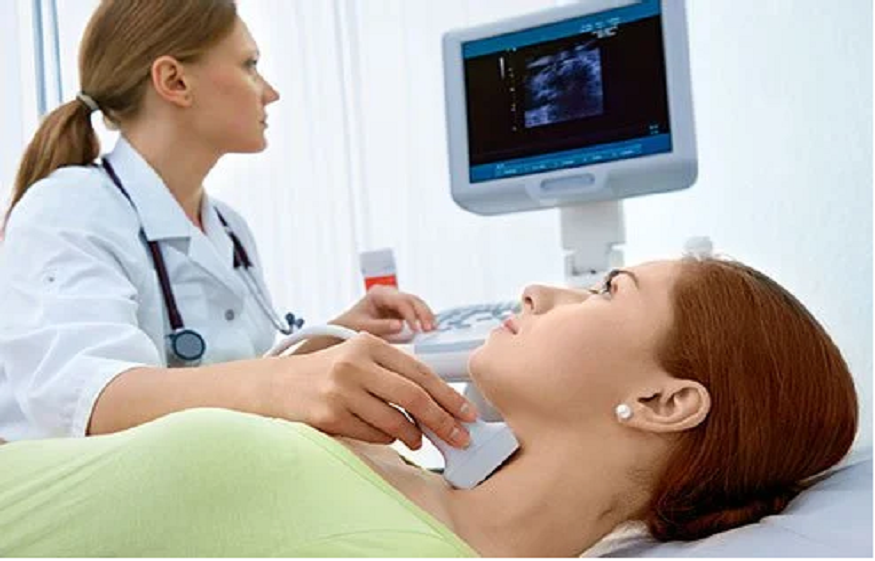Research shows that 10% of women suffer thyroid deficiency in their lifetime, while millions have hypothyroidism and are not unaware. Seeking early diagnosis and treatment will save your body from developing complications, especially for women’s reproductive health. Looking for a good hospital for hypothyroid treatment Denver CO-based will come in handy to ensure you get early and the best care you need. Read through to find out common causes of hypothyroidism and its effects on women.
Definition of Hypothyroidism?
Hypothyroidism occurs whenever your body does not produce sufficient thyroid hormones in your bloodstream, which affects your metabolism by slowing it down.
Causes Of Hypothyroidism in Women
Hypothyroidism is caused by too little or excessive iodine in your diet, but other additional causes are:
- Hashimoto’s disease
- Inflammation of the thyroid, causing thyroiditis
- Congenital hypothyroidism
- During radiation treatment of the thyroid
- Complication during surgical removal of the thyroid.
- Due to medicines
- Women above the age of 50
- Pregnant women currently or six months ago.
Indicators Of Hypothyroidism In Women
Women will experience the following symptoms:
- Always feeling tired
- Gaining weight
- Feeling very cold with numbness and tingling in the hands.
- Gaining weight.
- Experiencing soreness in the body can include your muscles feeling weak.
- Having abnormal blood cholesterol levels.
- Feeling depressed.
- Having dry, coarse skin and hair.
- Decrease in sexual interest.
- Irregular heavy menstrual periods.
- Dropping eyelids and facial puffiness
- Changes in your voice and memory loss
Effects Of Thyroid Disorder in Women
Hypothyroidism will affect women in different stages of their life, such as:
During Puberty
Thyroid illness can abnormally affect your puberty and menstrual cycle by either coming late or early. Additionally, varying amounts of thyroid hormones can result in amenorrhea characterized by blood spotting and heavy periods. Other women may experience irregular or no menstrual periods stopping before menopause.
Reproductive Stage
The thyroid will also affect your ovulation if it’s not working as expected by preventing ovulation from happening at all. These can result in you developing a cyst, which, if the lady suffers from hypothyroidism in severe cases, can result in milk production while interfering with ovulation.
Expectant Women
Thyroid disorders can hurt your unborn baby during pregnancy and may cause postpartum thyroiditis after delivery. When you lack thyroid hormone, it can result in miscarriages, premature birth, and postpartum bleeding. Women with abnormal thyroids while expectant suffer from uncomfortable morning sickness. Hypothyroidism treatment during pregnancy depends on each individual.
Menopause
Hypothyroidism causes early menopause between the late thirties and early forties. Occasionally, some signs of hyperthyroidism may confuse you for early-onset menopause. These indicators are no monthly bleeding, heat sensation, lack of sleep, and changes in mood swings. Early treatment of hyperthyroidism will reduce the indicators of early-onset menopause and delay it from happening.
Hypothyroidism is a condition that you cannot avoid. Therefore, keeping an eye out for symptoms of hypothyroidism is the best approach to preventing the disease from developing an extreme version of the ailment or having the symptoms have a significant influence on your life. If you’re experiencing any of the symptoms of hypothyroidism, the best thing you can do is consult your doctor. Advanced hypothyroidism can cause milk production in the breast while preventing ovulation.



